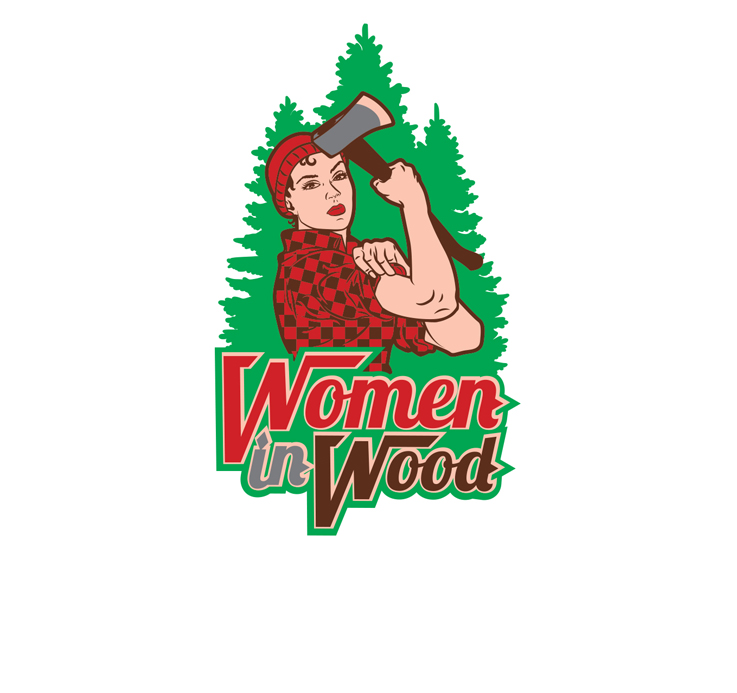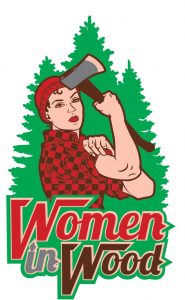
Diversity strengthens forests: A Women in Wood article by Janani Sivarajah, PhD Candidate

“I expected you to have an accent, but you spoke the clearest out of all the speakers”
We often think of people in forestry as two units “women vs men”, but undermine the importance of heterogeneity and diversity within genders. Diversity is a complex term that also includes race, and age. Having a diverse group within a field brings forth different experiences and perspectives towards a common good. As a young woman of a minority group, getting into forestry was a surprise for me. It’s those unexpected moments that make life so interesting, inspiring, and learning to embrace those moments is essential. Growing up in a Canadian Tamil-Srilankan household and having a curious scientific mind, I was encouraged to pursue medicine or another medically-related field. On the other hand, I was also the child who fainted at the sight of blood, not to mention the many times my mother had to carry me after I fainted during my annual blood test, and this left me very confused if I would make it in a medical career.
Fast forward to now, I am a proud PhD candidate in forestry, with a focus on urban forestry, and how trees benefit human health, and a graduate of the Master of Forest Conservation (MFC) program at the Faculty of Forestry, University of Toronto. Soon, I came to realize that the field of forestry is predominately male-dominated, however, urban forestry has grown to be more inclusive of women. Furthermore, people of color are underrepresented within urban forestry. During my first day teaching a forestry course I noticed the surprised expression on the faces of some of my students; I did not quite fit the mold of what the students perceived as a “forestry instructor”. I felt they questioned my authority and second-guessed my ability to teach the material. Now, after three years of teaching this course, my outlook has changed. It was a heart-warming experience to learn that I have inspired many students to pursue forestry, many of whom went onto graduate studies in a forestry-related field.
Despite being an underrepresented young woman of color, I could have used many excuses not to succeed, but I opted to use all my negative experiences to fuel my passion for research, promote collaborative projects, and share my perspectives. As a result, I proudly sit on several board committees, whose main goal is to promote and advocate for the multiple benefits of urban forests, and an owner of a small consulting business geared towards providing expert assessments and translation services for clients in the urban forestry/and or environmental planning sector. Furthermore, I also consider myself very lucky and grateful for the entire supportive network of people (e.g., mentors, advisors, colleagues, Twitter network, Women in Wood Facebook group, friends, and family) who continually inspire and push me to realize my full potential. My greatest lesson through my experience was to never let anything stop you from chasing your greatness, use your negative experiences to propel yourself forward, and always acknowledge the people rooting for you.
Check out some of Janani’s work at www.jananisivarajah.com or follow her on twitter @JananiSivarajah




